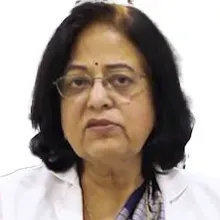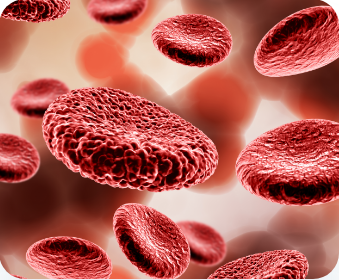In Vitro Fertilization (IVF) : A fertility treatment where eggs are fertilized by sperm outside the body in a controlled laboratory environment. The resulting embryos are then implanted in the uterus to establish pregnancy. This process can be an option for individuals or couples facing challenges in conceiving naturally due to various factors such as ovulation issues, blocked fallopian tubes, or male infertility.
Parkinson’s Disease : A brain ailment called Parkinson's disease results in unintentional or uncontrollable movements, including shaking, stiffness, and issues with balance and coordination. Deep brain stimulation (DBS), ablative or destructive surgery, and transplanting or restorative surgery are the three surgical approaches used to treat Parkinson's disease.
Gastrointestinal Surgery : Diseases of the digestive system's organs are treated by gastrointestinal surgery. This comprises the stomach, small intestine, big intestine, rectum, and esophagus. The liver, gallbladder, and pancreas are also included.
Bypass Surgery (Coronary Artery Bypass Graft – CABG) : The bypass surgery, often referred to as coronary artery bypass graft, is used to treat coronary artery disease, characterized by a buildup of plaque in the heart's arteries. Your blood may be diverted to a heart-lung bypass machine during the surgery. This takes over from your heart and lungs, supplying your body with blood and oxygen.
Rheumatoid Arthritis : It is a chronic, progressive disease that affects the fingers, wrists, feet, and ankles. In particular causes severe deformity and immobility by inflaming the joints.
Nephrology : Nephrology is an adult and pediatric internal medicine specialty concerned with the study of the kidneys, especially normal kidney function, and kidney disease, the maintenance of kidney health, and the treatment of kidney disease, ranging from food and medication to renal replacement therapy.
Hemodialysis : Dialysis is a procedure used for kidney patients when their kidneys cease working correctly. Dialysis is used to eliminate waste products and excess fluid from the blood. It frequently entails redirecting blood to a machine for cleaning.
General Surgery : The general surgery department offers a wide array of surgical procedures, ensuring the highest standards of care and safety. Trust the skilled surgeons to provide tailored solutions for your unique needs.
Liver Transplant and Hepatic Surgery : Experience life-saving liver transplant and hepatic surgery expertise at this renowned hospital, with a dedicated team of experts who are committed to ensuring your long-term health and recovery, delivering exceptional care at every step.
Cerebral Stroke : When anything prevents blood flow to a portion of the brain or when a blood artery in the brain bursts, it results in a stroke, also known as a brain attack.
Sepsis : The body's severe response to an infection is known as sepsis. It's a medical emergency that could endanger life. When an infection you already have sets off a series of events throughout your body, it results in sepsis.
Laparoscopic Surgery : Laparoscopy is a surgical procedure that allows a physician to reach the interior of the belly and pelvis without making extensive skin incisions. This treatment involves inserting narrow tubes into the belly through small incisions. Long, slender instruments are introduced via these trochars. These devices are used by the surgeon to manipulate, cut, and suture tissues.
Breast Cancer Treatment : Breast cancer is associated with the production of tumor cells within the breast, which can result in multiple conditions. It may cause abnormalities in the size and shape of breast or may cause a reduction in size. Treatment for breast cancers often involves surgical procedures that remove the tumor cells from the breast, preventing it from expanding.
Cardiac Surgeries : Cardiac surgery is the specialty of medicine concerning the surgical treatment of pathologies related to the heart and thoracic aorta.
Robotic Cardiac Surgery : Robotic cardiac surgery involves doing heart surgery through relatively tiny chest incisions. Surgeons can do cardiac surgery that is far less invasive than open heart surgery by using small devices and robot-controlled equipment.





















